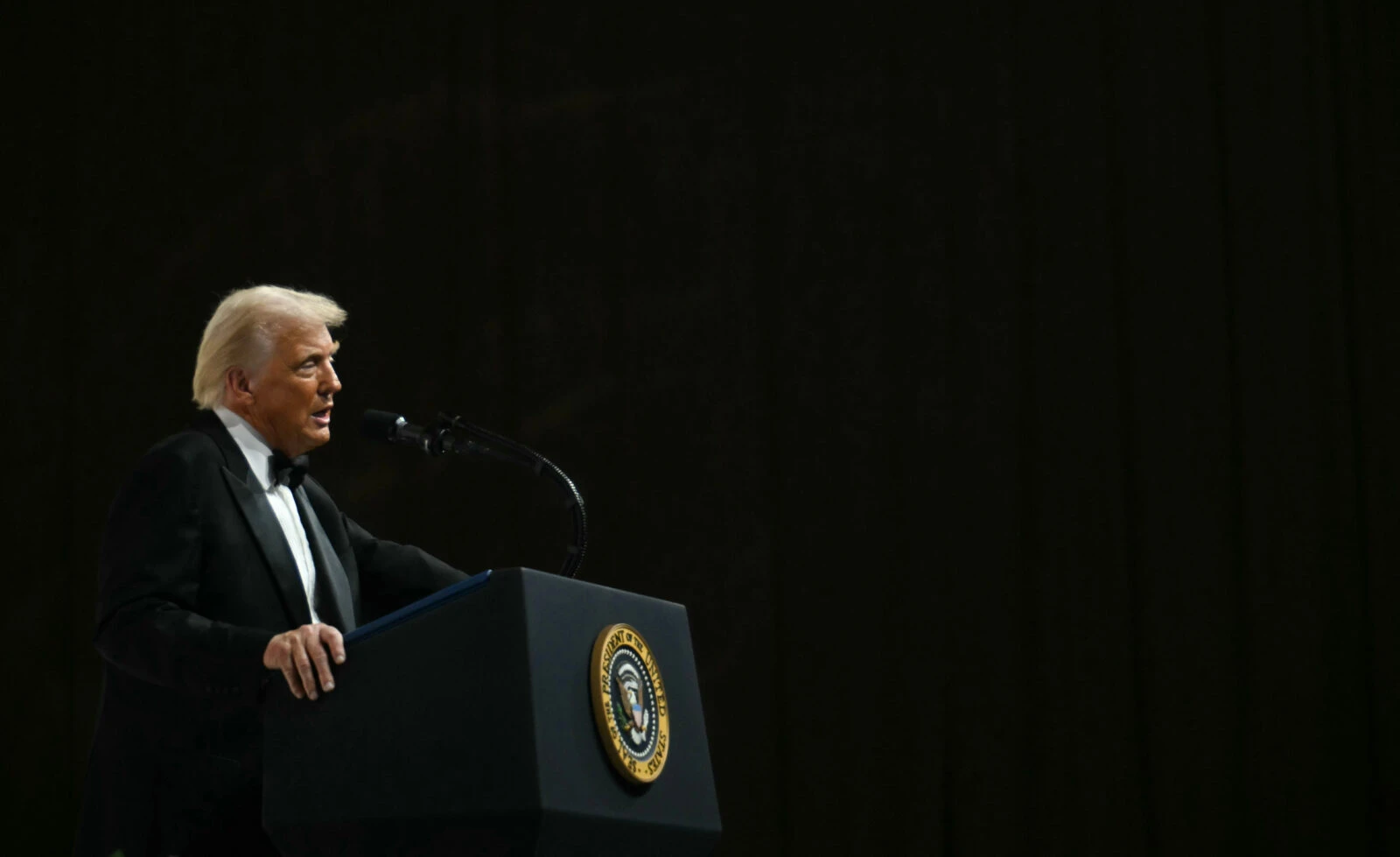Trump sets sight on Feb. 1 for imposing 25% tariffs on Canada and Mexico
 US President Donald Trump watches a screen as he speaks via video call with US troops stationned oversea during the Commander-In-Chief inaugural ball at the Walter E. Washington Convention Center in Washington, DC, on Jan. 20, 2025. (AFP Photo)
US President Donald Trump watches a screen as he speaks via video call with US troops stationned oversea during the Commander-In-Chief inaugural ball at the Walter E. Washington Convention Center in Washington, DC, on Jan. 20, 2025. (AFP Photo)
U.S. President Donald Trump stated on Monday that he is contemplating 25% tariffs on Canada and Mexico beginning Feb. 1, along with plans for tougher actions against other nations under the new U.S. trade policy.
Trump rekindled his threat against the two major U.S.—trading partners hours after taking the oath of office—accusing them of failing to stop illegal immigration and drug trafficking into the United States.
“We’re thinking in terms of 25% on Mexico and Canada because they’re allowing vast numbers of people─Canada’s a very bad abuser also─vast numbers of people to come in, and fentanyl to come in,” he said in the Oval Office as he signed an array of executive orders.

Trump also signed an order Monday directing agencies to study various trade issues including deficits, unfair practices, and currency manipulation. In ordering the probe on large U.S. deficits, Trump asked agencies to “recommend appropriate measures, such as a global supplemental tariff or other policies” as remedies. He also called for a review of Washington’s trade deal with Mexico and Canada, alongside its pact with China that marked a truce in their earlier tariff war.
Tariffs on Canada and Mexico to overhaul trade policy
Earlier Monday, Trump vowed to “immediately begin the overhaul” of the U.S. trade system “to protect American workers and families,” saying “Instead of taxing our citizens to enrich other countries, we will tariff and tax foreign countries to enrich our citizens,” in his inaugural address.
Trump had threatened tariff hikes on Canadian and Mexican imports as president-elect, as well as an additional 10% on Chinese goods if they did not do more about illegal immigration and the flow of fentanyl into the country.
On the campaign trail, Trump also floated the idea of adding duties to all imports and even steeper rates on Chinese goods. Mexico, Canada and China are leading sources of goods imported by the United States, according to official trade data.
Asked about across-the-board tariffs, Trump on Monday night told reporters in the Oval Office he might enact them, but added: “We’re not ready for that yet.” Tariffs are paid by U.S. importers to the government on purchases from abroad, and the economic weight falls on importers, foreign suppliers, or consumers.
EU in cross-hairs
Speaking in the Oval Office, Trump took aim at trade imbalances with the European Union too, saying it did not import enough American products. He added he would “straighten that out” by using tariffs or by urging more oil and gas purchases from the bloc.
The EU’s economy commissioner said earlier Monday that it stood ready to defend its interests, while Canadian Foreign Minister Melanie Joly said Ottawa would work to ensure it is ready to respond to any U.S. actions.
Canada’s Finance Minister Dominic Leblanc added that it would be a mistake for Washington to proceed with tariffs. In his inaugural address, Trump reiterated his plan also to set up an “External Revenue Service” to collect tariffs, duties and revenues.
Some analysts have warned that tariff hikes would bring higher consumer prices and weigh on gross domestic product (GDP). However, Trump’s supporters have pointed to other proposals like tax cuts and deregulation as ways to offset any potential negative impacts.
Trump also signed a directive to establish a new “Department of Government Efficiency,” after naming billionaire ally Elon Musk to lead such an initiative. The office dubbed DOGE is expected to propose major cuts to federal spending and regulations.



